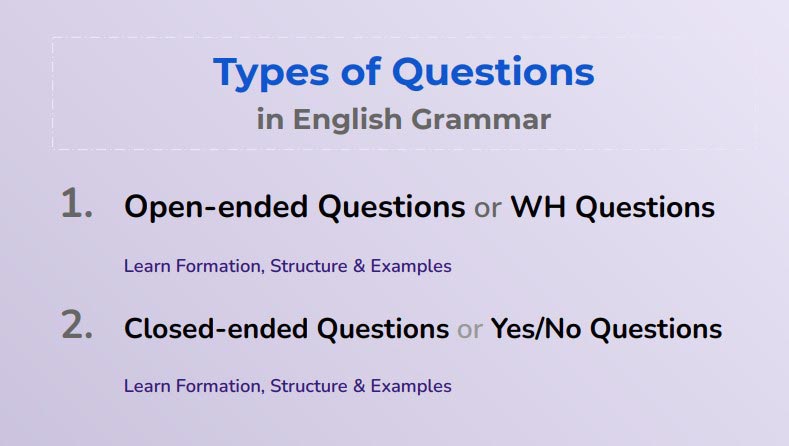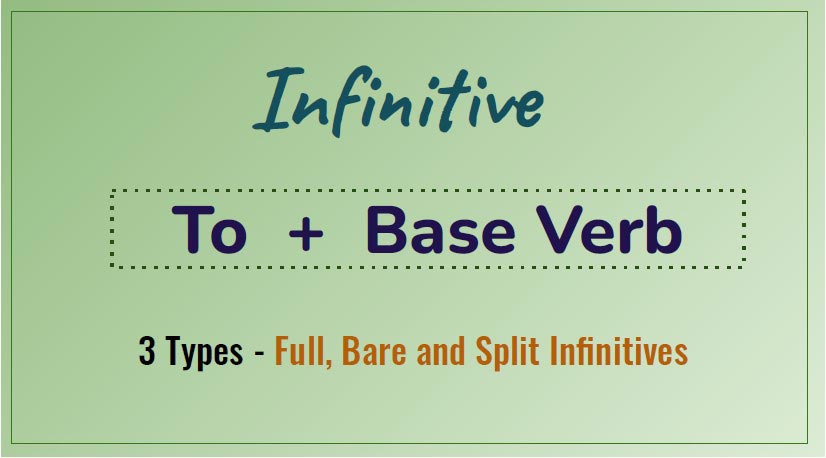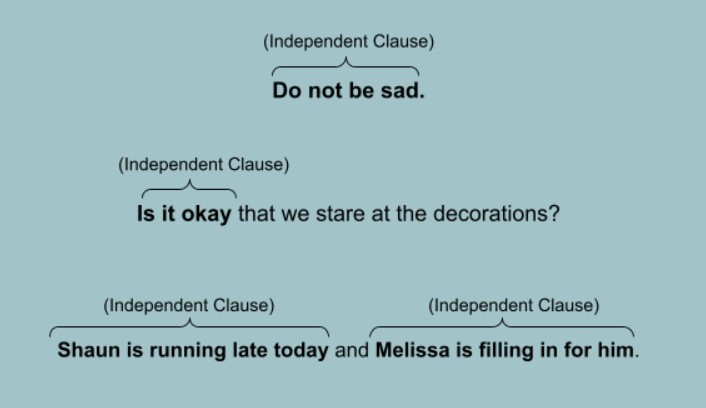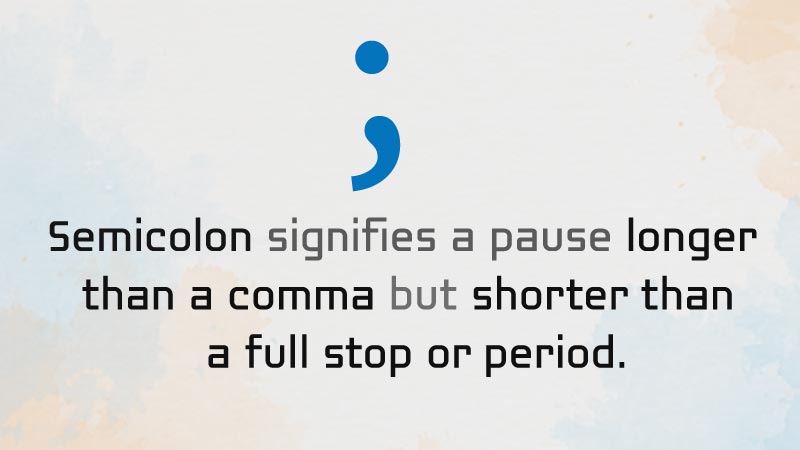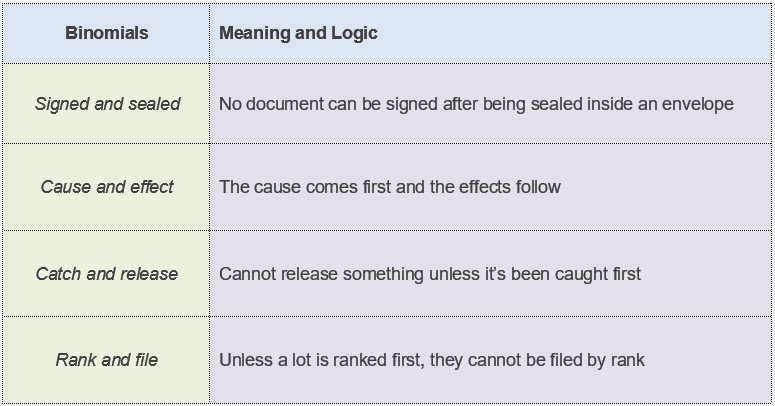Use of Prepositions : Of, About, For, With, By
(5/5, 111 votes)
OF, ABOUT, FOR, WITH, BY
OF:
Of expresses the relationship of a part of something to its whole. It is the most used preposition in English.
Example.
- He is a boy of 15.
- Some parts of his body were injured.
- Most of the guests are gone.
- The plays of Shakespeare will always be classics.
ABOUT:
About means ‘on the subject of’ something or ‘concerning of’ something/someone. It also means ‘approximately.'
Example:
- I was about to leave.
- He cares about his classes.
- I have about 30 candies in my bag.
- This article is about computers.
FOR:
For means ‘with the object or purpose of’. It indicates a suiting of purpose for something/someone.
Example:
- I will always be here for you.
- I have done it for my benefit.
- Cucumber is a good vegetable for making a salad.
- Take my gratitude for your kind hospitality.
WITH:
With means ‘accompanied by’ something or someone.
Example:
- I will always be with you.
- I have brought some candies with me.
- He is playing with his sisters.
- It is free with this product.
BY:
By means ‘as a means of’ something or someone. This preposition often comes in a passive sentence.
Example:
- Do you travel by bus/train/plane/bike?
- He was undone by me.
- The letter was written by him.
Read More: Prepositions of Time Usage
Read More: Prepositions of Places & Direction Usage
Published By LearnGrammar.Net
Grammar
Read More
- How to Use "Therefore" in Sentences Avoiding Common Mistakes
- How to Use "Whereas" with Examples and Avoid Common Mistakes
- When and How to Use "Thus" Correctly Without Common Mistakes
- How to Use "On the Contrary" Properly with Meaning and Examples
- When and How to Use "Either/Or" with Examples and Common Mistakes to Avoid
- How to Use "On the Other Hand" Effectively without Mistakes
- How to Use "Respectively" with Example and Common Errors to Avoid
- How and When to Use "Moreover" Without Mistakes
- How to Use "Likewise" in Sentences Based on Context & When not to Use
- When & How to Use "Although" in Sentences to Avoid Mistake

